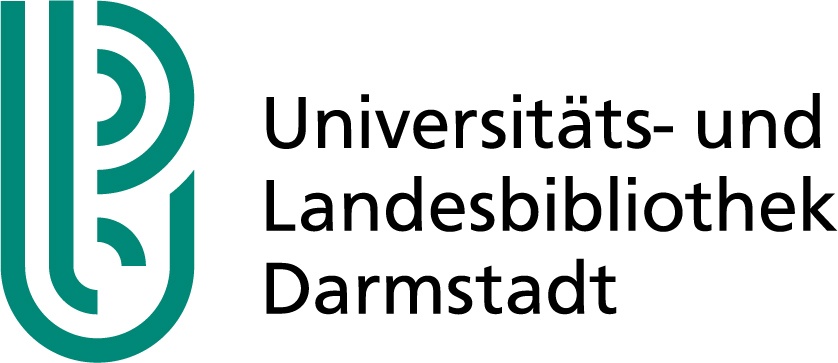The religious peace agreements concluded since the 16th century paved the way for establishing long-term confessional and religious coexistence in modern Europe. They are also an essential building block for the constitution of the modern European state system Religious peace agreements were important both in a political and in a socio-economic context. They made use of different forms of enactment such as treaties, edicts or mandates.
The aim of the long-term project is to make European religious peace agreements available to research in a critical digital edition that is freely available on the Internet (open access). It will then, for the first time, be possible to view the development of peace accords among religions in the "communication area of Europe” and compare them with each other. It will also be possible to see their textual dependencies, their reception and the influence they exerted when crossing cultural regions. In the project, Theology and Historical Sciences will work closely together with Digital Humanities.
The project is scheduled to run for 21 years and has a funding volume of €325,000 per year, with positions in Mainz and Darmstadt. The project is led by Professor Dr Irene Dingel, Director of the IEG (Division for Occidental Religious History) and Professor Dr Thomas Stäcker, Director of ULB Darmstadt.
As project partner, ULB Darmstadt will primarily support the digital components with its newly founded Centre for Digital Editions (ZEiD). The project is committed to the guiding principle of Open Science, which is officially encouraged at EU level. It means that data and documents, plus the resulting software, are made freely available in line with FAIR principles (findable, accessible, interoperable and re-usable). The intention is to further develop the concept of the classic historical-critical edition with digital tools. By creating a virtual research environment which enables collaborative editing, the new mode of working can establish a permanent process of increasing knowledge and insight. It can improve editing techniques and raise existing standards. The project will also take into account concepts like the semantic web and will use techniques of text mining and the visualization of information.
The decision by federal and state governments to fund the 21-year research project will further strengthen Darmstadt as a location for digital research in the Humanities, and provide impetus for the application of new methods in the field of digital editing and publication.



